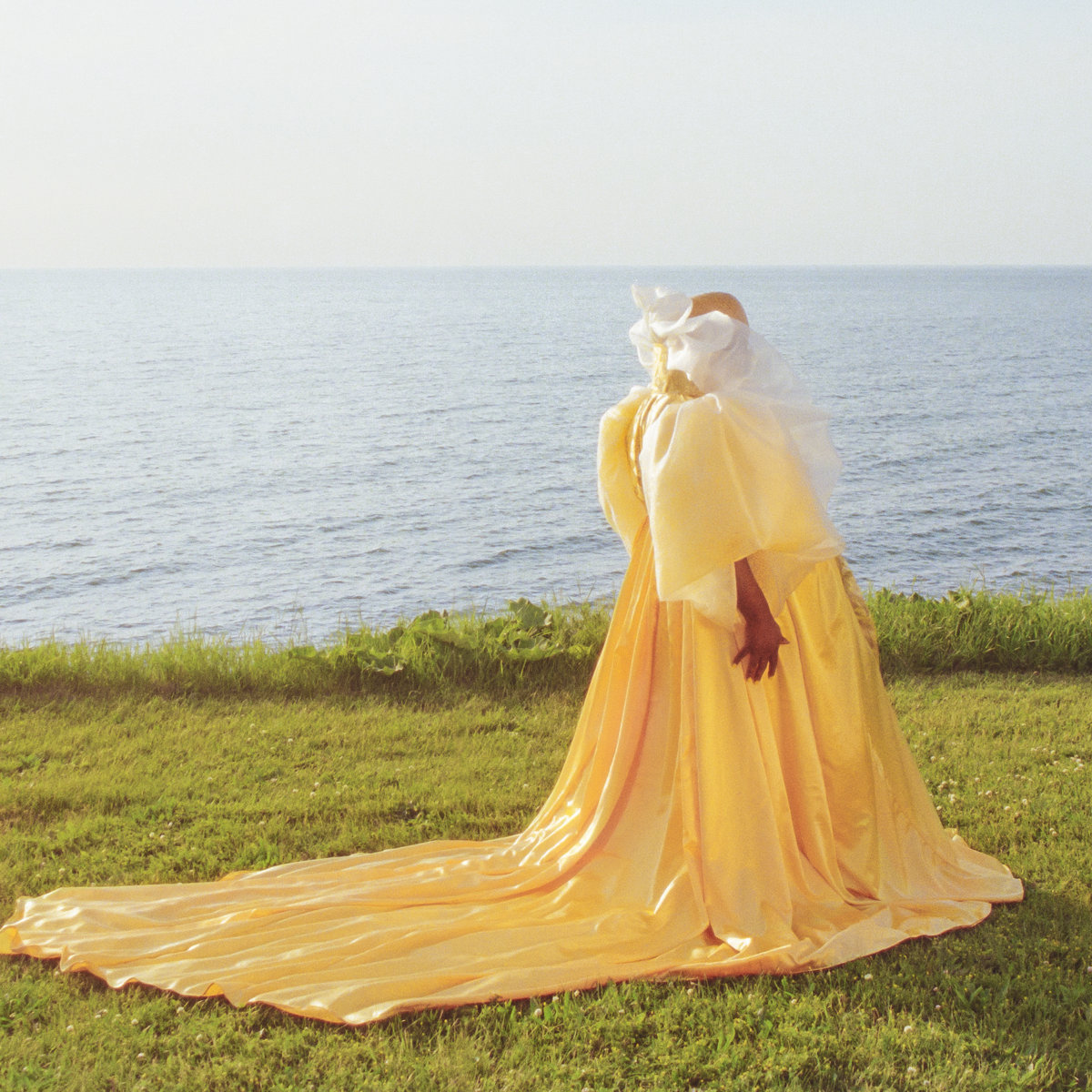 This first solo album from queer, androgynous soul singer Kyle Kidd is an incredibly strong contender for best debut of the year, but he/she/they (Kidd embraces all pronounds) has been been steadily releasing great music for a while as part of Cleveland's Mourning [A] BLKstar ensemble. Notably, however, Kidd's past also includes a background in church choirs as well as a stint as an American Idol competitor. Normally learning about the latter would send me running in the opposite direction, but Kidd joins the exclusive pantheon of vocal virtuosos like Ian William Craig and Zola Jesus lured away from a conventional trajectory by a healthy passion for more underground sounds. That said, a decent amount of Soothsayer legitimately feels like it could have burned up the Soul/R&B charts if it had been released in the late '70s and had a major label production team at the console. As time travel was not a viable option, Soothsayer instead found a home on the oft-stellar Chicago indie American Dreams and Kidd's sensuous, hook-filled songs eschew the polished sheen of pop production for a hypnagogic veil of tape hiss and reverb (much to my delight, predictably).
This first solo album from queer, androgynous soul singer Kyle Kidd is an incredibly strong contender for best debut of the year, but he/she/they (Kidd embraces all pronounds) has been been steadily releasing great music for a while as part of Cleveland's Mourning [A] BLKstar ensemble. Notably, however, Kidd's past also includes a background in church choirs as well as a stint as an American Idol competitor. Normally learning about the latter would send me running in the opposite direction, but Kidd joins the exclusive pantheon of vocal virtuosos like Ian William Craig and Zola Jesus lured away from a conventional trajectory by a healthy passion for more underground sounds. That said, a decent amount of Soothsayer legitimately feels like it could have burned up the Soul/R&B charts if it had been released in the late '70s and had a major label production team at the console. As time travel was not a viable option, Soothsayer instead found a home on the oft-stellar Chicago indie American Dreams and Kidd's sensuous, hook-filled songs eschew the polished sheen of pop production for a hypnagogic veil of tape hiss and reverb (much to my delight, predictably).
The gospel-inspired opener "Salvation (Ode for Eunice)" is bit of a stylistic anomaly for the album, but the understated, minimal piano chords and subtle flourishes of jazz guitar beneath Kidd's soulful, wailing vocals illustrate one of the more notable and consistent themes on Soothsayer: backing music that sounds like crackling rare grooves unearthed by a moodier, more libidinal Madlib. Consequently, I was quite surprised when I glanced at the album notes and saw the large cast of guest musicians involved, as it genuinely feels I am hearing appropriated unheard grooves from Larry Levan, Arthur Russell, or Ann Peebles' backing band transformed into smoky, subtly psych-damaged Sade territory by a producer with a vision. The result does not exactly feel loop-based, but Kidd's songs tend to be built from single-theme vamps, which is exactly the right move: just lay down a hot groove and give Kidd plenty of room to belt her heart out and a killer song is almost certain to result.
In general, the strongest songs on the album tend to be the more smoldering, sexy ones like "Glass Dance" (or smoldering, brooding ones like "Temple"). However, the album ends with a sublime left-field highlight in the form of "Dreama," which hazily drifts along as a fantasia of rippling harp and a Satie-inspired flute hook. It almost calls to mind Nina Simone after a steady diet of Grouper and Benoit Pioulard albums, which is an unexpectedly wonderful niche that I had not previously encountered. Aside from perhaps the Sade-esque heartache of "Scars Alight" or the languorous sensuality of "Inside My Love," the remaining songs do not match the heights of that trio of near-perfect delights, but that is only because they are a bit more improvisatory and insubstantial in a "lost Arthur Russell jam session" kind of way. Unsurprisingly, that has its own appeal and Kidd wisely avoids letting such pieces overstay their welcome.
In fact, the whole album is over in roughly half an hour, which is exactly the right "leave 'em wanting more" length necessary to induce me to immediately start it all over again as soon as it ends.
Read More

